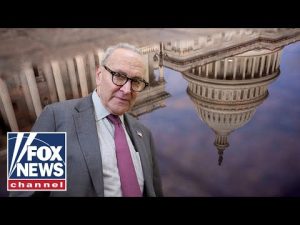AstraZeneca, a well-known pharmaceutical company, is taking a big step to help American citizens save money on their prescription medications. In a move called Trump RX, AstraZeneca promises to offer its prescription drugs to Medicaid at the most favored nation prices, which means Americans will pay the lowest prices available anywhere in the world. This is great news for taxpayers, as it is expected to save them hundreds of millions of dollars each year. This initiative is part of a broader strategy to negotiate directly with the largest drug companies, including Pfizer and Amgen, to lower the high cost of medicines in America.
But how exactly will this work? The excitement around this initiative is palpable, but so is the confusion. Many folks are eager to understand how these new deals will directly benefit them. The concept of most favored nation drug pricing is at the heart of this program. The argument is straightforward: since the United States invests heavily in medical innovation and research, it shouldn’t have to pay three times more for the same medications than other developed countries. Patients suffering from serious conditions like cancer or Alzheimer’s could finally see relief in their wallets.
Doctors and healthcare administrators are passionate about this change. They emphasize the need for Americans to pay fair prices for medications that are made right here. With AstraZeneca on board, they expect that this strategy will not only reduce the costs of medications but will also improve the overall healthcare system in the country. Instead of just throwing more money at the healthcare issue, the focus is shifting to addressing the root cause—unreasonably high drug prices.
One of the coolest features of the Trump RX initiative is a new website that will help people find the best prices for their medications. This website will connect users directly with manufacturers or local drugstores, rather than having to navigate through middlemen who can complicate the process. By offering this kind of transparency, Americans will be encouraged to shop around just like they do for nearly everything else in life—be it groceries or gadgets. The aim is to empower citizens to make informed decisions and find the best deals on their prescriptions.
While this initiative is gathering momentum, there are still hurdles to overcome. Not all companies are enthusiastic about the shift away from secretive deals and rebates that have long been part of the pharmaceutical business. However, as leaders like AstraZeneca start to embrace transparency, it’s likely others will follow suit. This change could mark a critical turning point in how Americans access and pay for healthcare. As the landscape continues to evolve, many in the healthcare community are hopeful that the overall cost of medications will decrease, allowing families to spend less on drugs and more on their everyday needs.







